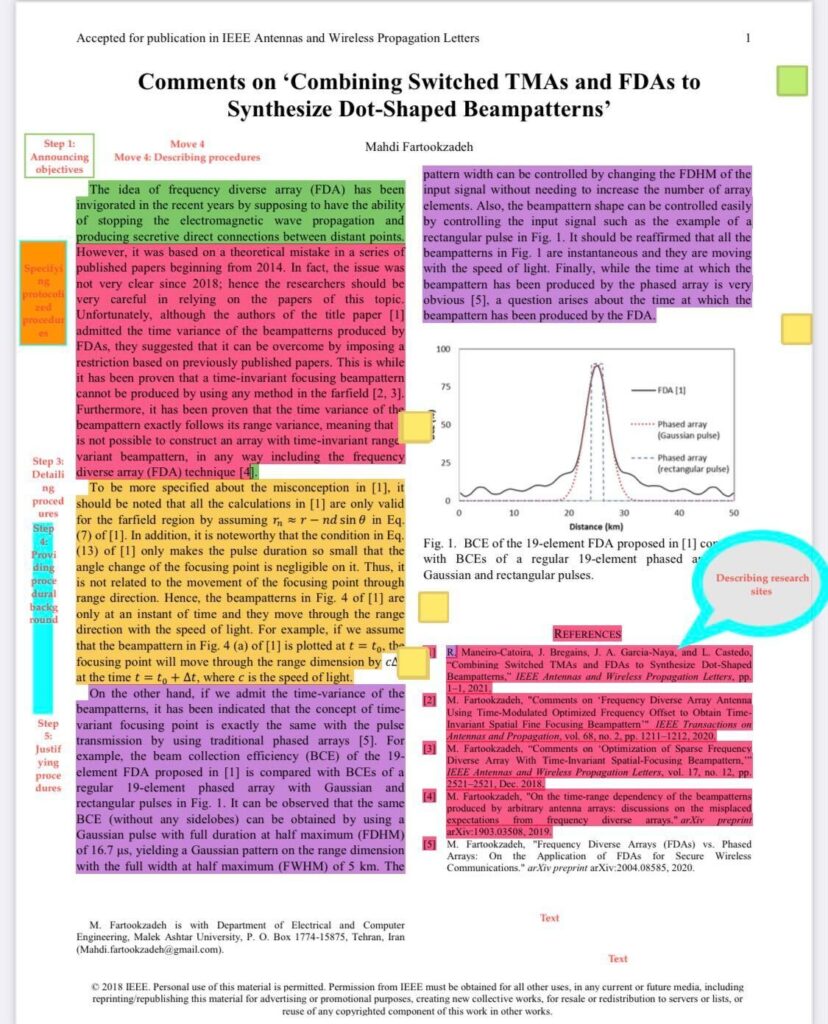Hey everyone!
As always, thank you for both your thoughtful responses and patience!
I want to consider this idea of “writing for engineering” since it’s the title of this course and what most of you are hoping to learn about this semester.
The concept of “writing for engineering” that this course is modeled after is really built around the needs of engineering students in an academic setting. Lab reports, technical descriptions, all of these genres (think forms or formulas) of writing are important to further your student career but not so applicable once you leave academia. I can say this now that I’m solidly in the tech space and working with engineers every day.
So I want to proceed in a way that allows you to practice writing conventions you’ll have to do in your classes and then we’ll focus on figuring out the writing that actually happens out in the real world in your field.
For this week we’ll focus on the foundations of technical academic writing so you can transfer what you learn here to your other courses.
I am here to show you tips and tricks for how to write within this very niche genre (genre is a category) of technical writing. As we get further into this section of the course, I am going to show you how to write research sentences like equations.
But first we have to look at the basics and zoom out a bit on the rhetorical (art of persuasive speaking or writing by focusing on audience) structures of writing for engineering.
Penn State has a technical writing program and they have put out a decent set of short videos (link in transcript) that break down the process of technical and science writing. I want you to finish this semester and have some baseline understanding of the writing expectations in your field.
For this week I want you to check out the following videos:
Introduction: Importance of Writing of Engineers and Scientists (2min) → It gives an example of types of writing you might encounter in your fields
Analyzing Purpose → you should listen to the breathy professor because he explains rhetorical design choices in different writing forms that you will see in your courses and might be asked to write within.
Analyzing Occasion → the student starts to break down different language and formatting conventions that you will find in engineering documents. Please know that these are not “better” than other types of writing, but they are the formats used for technical writing.
Once you’ve checked out the videos, please search arxiv, an open-access archive for scholarly articles, and find an article in your field that has some of the conventions mentioned in these videos (you might not find all, you might find more), then pick a few pages and digitally write in the margins what you’re seeing. I’ll share a student example I have from last semester on Slack. Also if this is confusing, message me and I’ll try to explain myself better.
Okay, that’s all I have for now! I’m looking forward to seeing what you all come up with!
(student example below)




